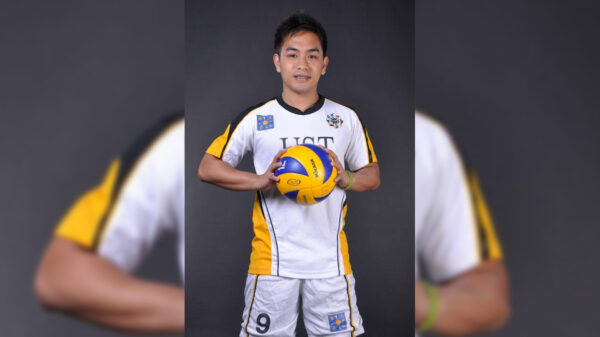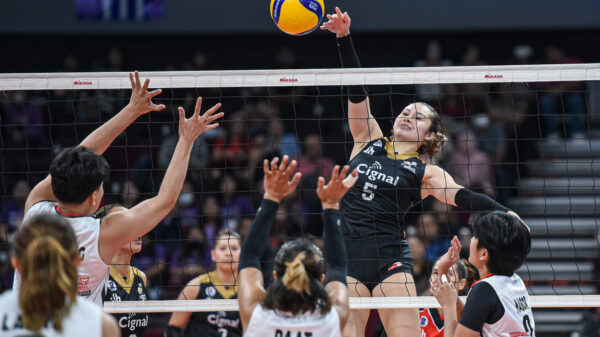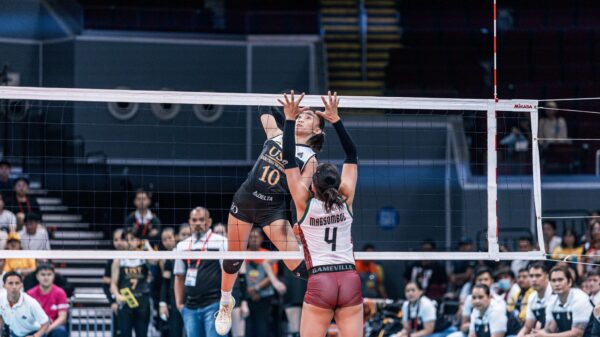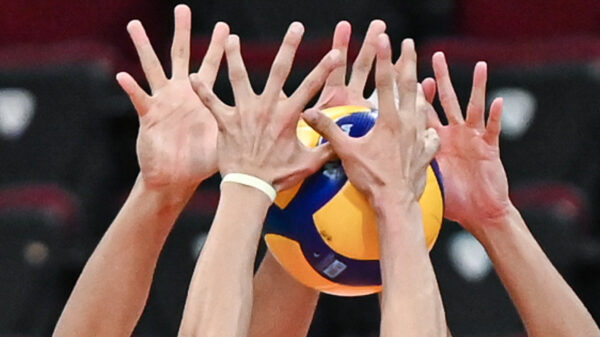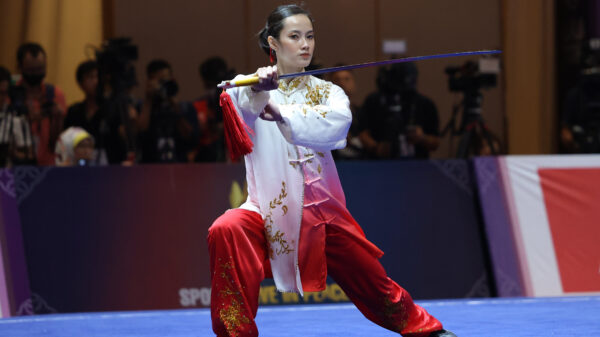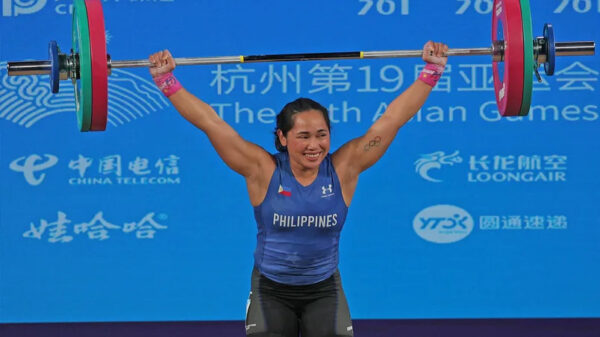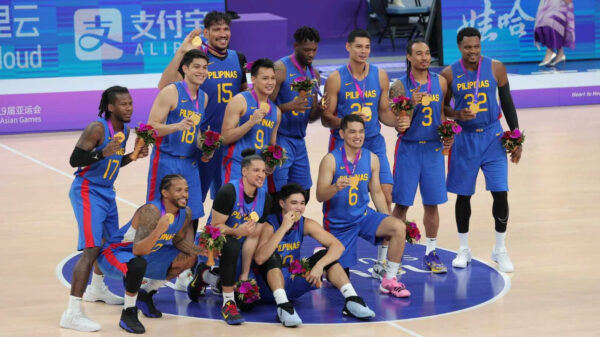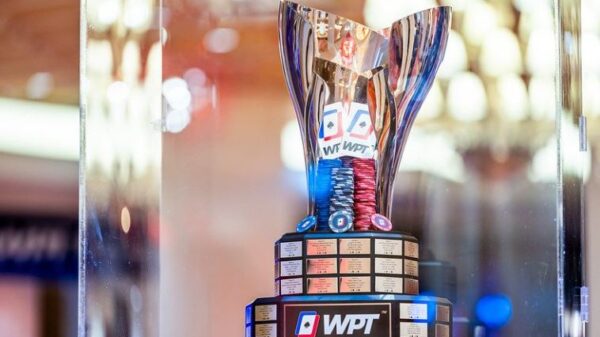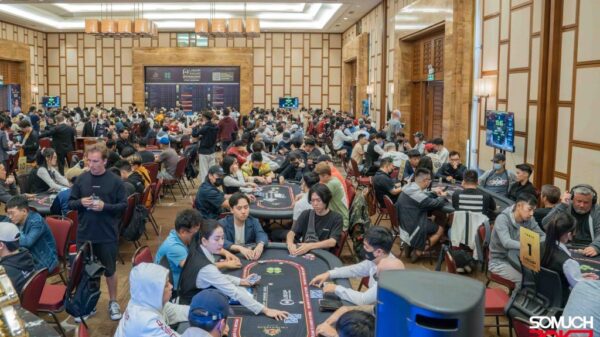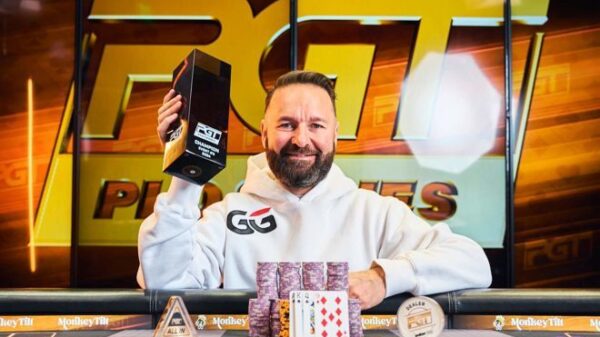The Philippines won’t have its 2023 Asian Games basketball gold medal taken away despite Justin Brownlee’s positive drug test, the Philippine Olympic Committee said yesterday after a careful study of the case.
“The gold remains with us,” POC president Abraham “Bambol” Tolentino said on Friday in a bold statement released to the media after the International Testing Agency announced that it found traces of carboxy-THC (use of cannabis), a substance included on the prohibited list of the World Anti-Doping Agency.
Tolentino said the matter would have been entirely different if two other Gilas Pilipinas players had likewise tested positive.
Tolentino cited Article 11.2 of the Anti-Doping Rule of the International Olympic Committee that states under “Consequences for Team Sports” that “If more than two members of a team in a Team Sport is found to have committed an anti-doping rule violation… the CAS [Court of Arbitration for Sport] Anti-Doping Division may impose an appropriate sanction on the team (e.g., loss of points, Disqualification from a Competition, Event or the Olympic Games Rio 2016, or other sanction) as provided in the applicable rules of the relevant International Federation, in addition to any consequences imposed upon the individual Athletes committing the antidoping rule violation.”
Brownlee, who is vacationing in the United States, was tested positive in his A-sample and Tolentino said the naturalized player has the option to waive his right to test the B-sample and just appeal.
Interestingly, a rival player from Jordan also tested positive.
Brownlee has until 19 October to contest the result of his A-sample via appropriate procedures set by the International Olympic Committee, ITA and the WADA.
“All Brownlee needs is to prove his innocence in contesting the result if he allows testing his B-sample,” Tolentino said.
A two-year suspension will be imposed if the B-sample also yields a positive result.
Brownlee became the second Filipino athlete to test positive after cycling’s Ariane Evangelista likewise submitted a positive sample.
Filipino sports officials are optimistic that Brownlee will weather the storm and escape unscathed as he could have involuntarily ingested the substance.
Before the country’s hosting of the FIBA World Cup, Brownlee underwent a non-medical procedure to remove bone spurs.
“If you will appeal it to the (Court of Arbitration for Sport) and explain everything at napatunayan na merong medical condition talaga, na may tinake siya na (gamot) na may component na prohibited, they will discuss it kung iga-grant ‘yung appeal or what, kung tatanggapin ‘yung explanation. They can be reduced to a month or three months suspension,” Tolentino explained in an interview with ONE Sports.
As this developed, Senator Christopher “Bong” Go expressed concern over Brownlee’s positive test.
“This matter raises concern. I encourage Justin Brownlee to make himself readily available in order to have his samples re-analyzed as provided by anti-doping protocols before the issue will be adjudicated by the appropriate world sports body,” Go, chairman of the Senate Committee on Sports, said.
“And whatever the final findings would be, we will cross the bridge when we get there, so to speak.”
The Philippines beat Jordan for the gold, ending a 61-year drought in the Asian Games.

